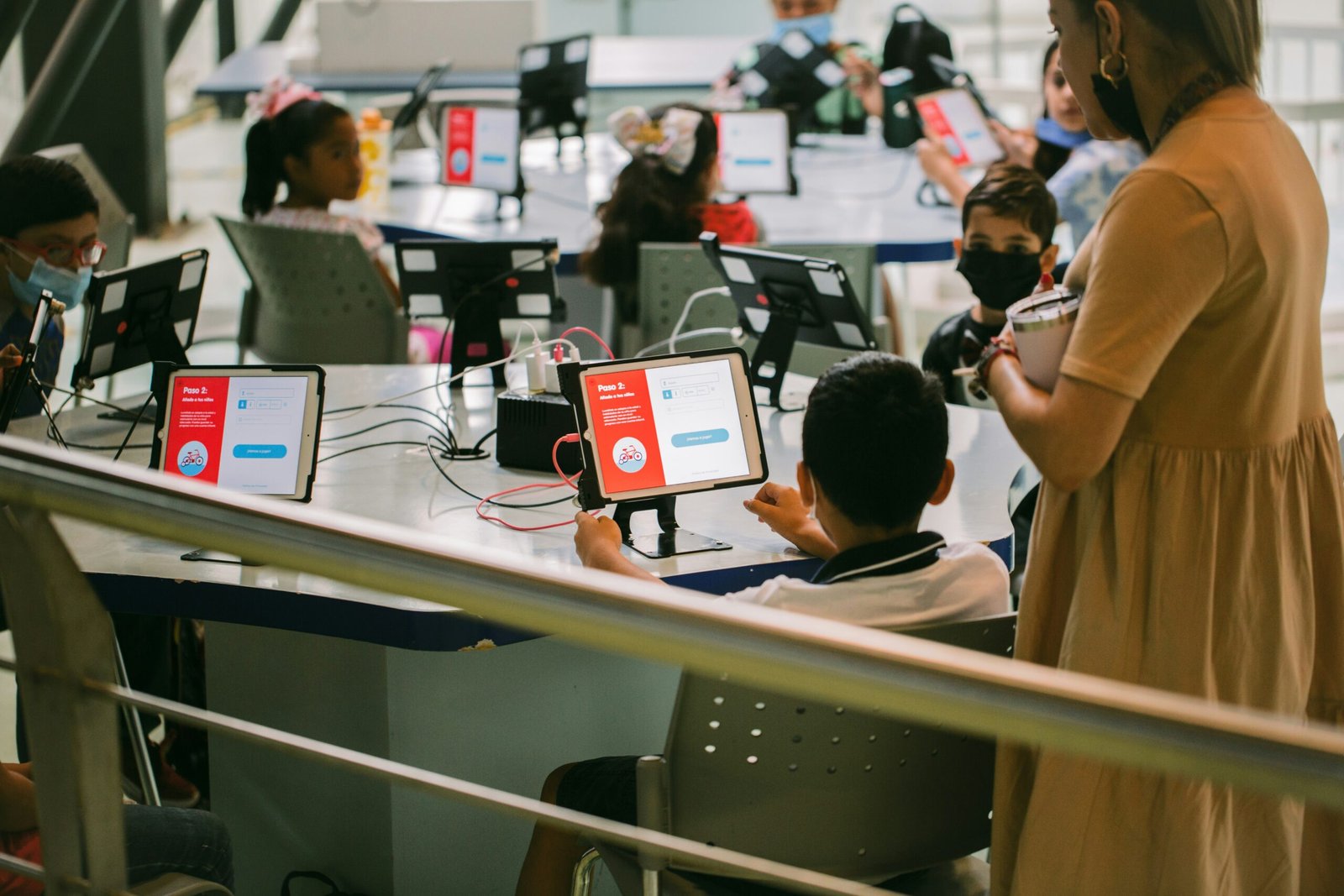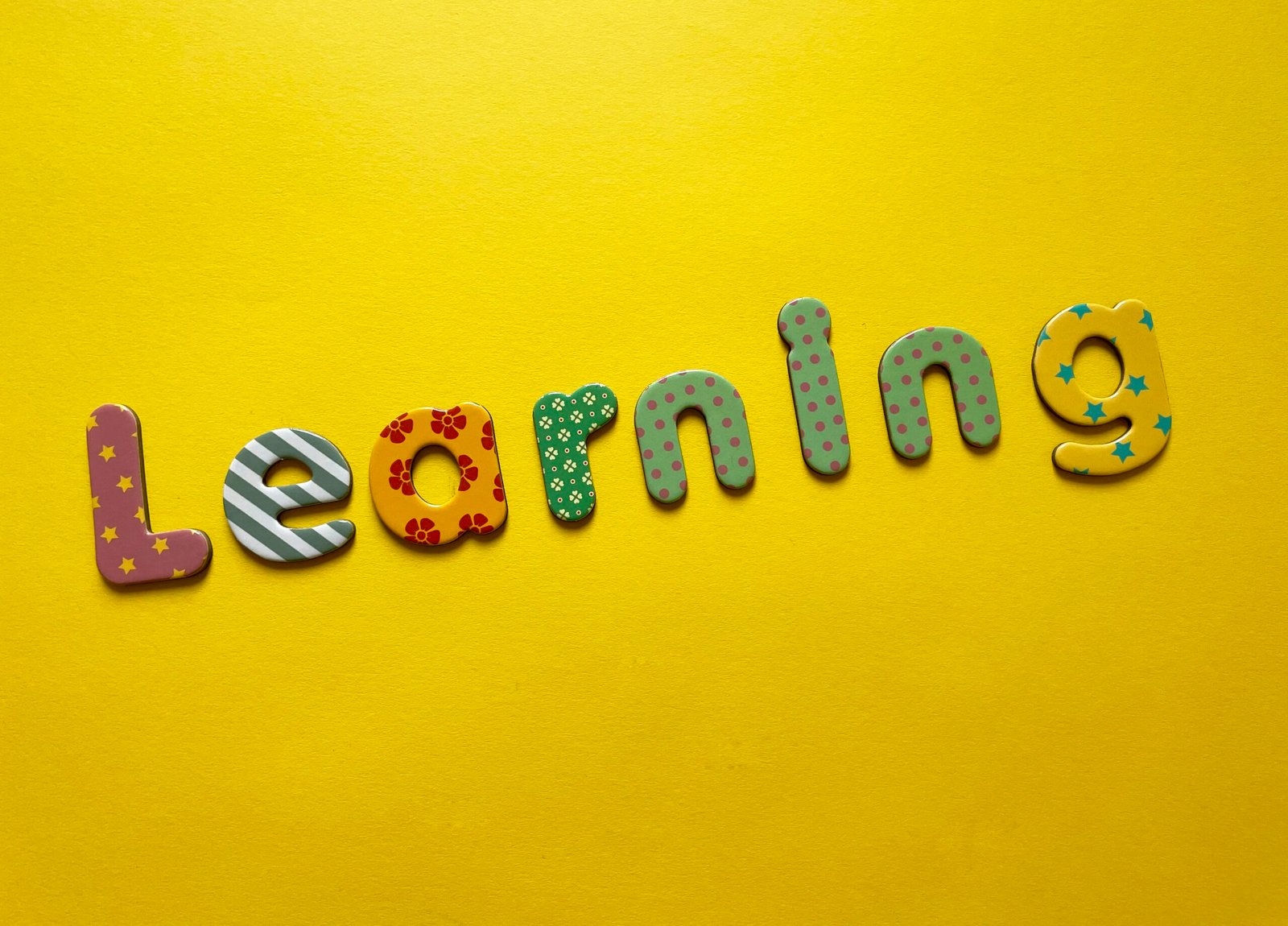What are AI Tutors?
AI tutors represent a significant advancement in educational technology, utilizing artificial intelligence to provide personalized instruction to learners. These innovative systems leverage various algorithms and machine learning techniques to adapt to the unique learning styles and preferences of individual students. By analyzing a student’s performance and engagement, AI tutors can tailor their instructional methods, ensuring that each learner receives the most effective form of guidance based on their specific needs.
There are several types of AI tutoring systems available today, each designed to support educational engagement in different ways. One prominent type is chatbot-based tutoring, where conversational agents interact with students through text or voice, simulating a human tutor’s dialogue. These chatbot systems are capable of answering questions, providing explanations, and directing students to resources, thereby facilitating a more interactive learning experience.
Another notable category is personalized learning platforms that employ AI to craft customized learning pathways. These platforms analyze students’ interactions and assessments to identify knowledge gaps and offer targeted exercises, resources, and assessments that align with their learning objectives. By using continuous feedback loops, these systems enhance the academic growth of students by continuously adjusting to their progress.
Virtual assistants also play an essential role in the AI tutoring landscape. These assistants can perform a variety of functions, including scheduling study sessions, providing reminders for assignments, and offering instant answers to factual questions. They not only assist learners in managing their study time more effectively but also enable them to access educational content and support at any hour, contributing to an enriched learning experience.
In essence, AI tutors are transforming education by providing scalable, personalized, and accessible support to students, empowering them to reach their full potential in their academic pursuits.
Benefits of AI Tutors in Education
The emergence of artificial intelligence (AI) tutors in education has significantly transformed learning experiences for both students and educators. One of the primary advantages of AI tutors is their ability to provide personalized learning experiences tailored to each student’s unique needs. Unlike traditional teaching methods that may adopt a one-size-fits-all approach, AI tutors assess individual learning styles and strengths, adapting their instructional methods accordingly. This adaptability results in a more engaging and effective educational experience, promoting better retention of knowledge.
Another notable benefit of AI tutors is their 24/7 accessibility. Students can access learning materials and tutoring support at any time, regardless of their geographical location. This round-the-clock availability allows learners to engage with their studies at their convenience, accommodating busy schedules or varying time zones. Additionally, the immediate feedback provided by AI tutors helps students identify areas for improvement promptly. By receiving real-time assessments and corrections, learners can make necessary adjustments quickly, fostering a more efficient learning process.
Scalability is yet another advantage of AI tutors within the educational landscape. These tools can facilitate large-scale learning environments, reaching more students simultaneously compared to traditional tutoring methods. Schools and educational institutions have the opportunity to harness AI technologies to enhance their curricula and provide additional support to students who may need it. Furthermore, utilizing AI tutors can lead to cost-effectiveness, as they may reduce the need for traditional tutoring while eliminating related operational expenses.
In addition to these benefits, AI tutors complement traditional education methods by offering supplementary resources that educators can integrate into their teaching practices. They can assist teachers in managing their workload, providing valuable insights into student performance, and addressing learning gaps more effectively. Overall, the integration of AI tutors into the educational framework presents numerous advantages that enhance both teaching and learning outcomes.
Challenges and Limitations of AI Tutors
The emergence of AI tutors heralds a new era in education, yet several challenges and limitations warrant careful consideration. A prominent concern is the reliance on technology, which can lead to over-dependence by students. While AI tutors can provide valuable assistance, they may inadvertently foster a mindset that favors automated solutions over critical thinking and personal engagement. This reliance can hinder the development of essential cognitive skills that traditional educational methods promote.
Data privacy is another significant issue linked to AI tutors. Given that these systems often require personal information to tailor educational experiences, there is an inherent risk regarding the collection, storage, and potential misuse of sensitive data. Safeguarding students’ privacy must be a top priority to ensure the responsible integration of AI in educational settings.
Moreover, the quality of AI-generated content and interactions remains a critical factor. Despite advancements in natural language processing and machine learning, AI tutors may struggle to offer nuanced feedback or understand the complex needs of individual learners. This limitation can impact the effectiveness of AI in delivering personalized education experiences, which may vary significantly from human educators who can adjust their teaching styles based on non-verbal cues and emotional context.
The reduction of human interaction poses another challenge, as fostering social skills and emotional intelligence is essential to a student’s holistic development. A strong human element in education facilitates rapport and understanding that AI may find difficult to replicate. Furthermore, the risk of algorithmic bias necessitates scrutiny; if AI systems are trained on biased datasets, they can perpetuate existing inequalities in education, adversely affecting learning outcomes for marginalized groups. Addressing these challenges is crucial to leveraging the benefits of AI tutors while safeguarding equitable and effective learning experiences for all students.
The Future of AI Tutors in Education
The educational sector is undergoing significant transformation due to the increasing integration of artificial intelligence (AI) tutors. As current trends indicate, the role of these digital assistants is expanding, propelled by advancements in natural language processing and personalized learning analytics. AI tutors are not just tools for delivering content; they are evolving into indispensable facilitators of communication and engagement within classroom settings.
One of the primary advantages of AI tutors lies in their ability to provide personalized learning experiences. By analyzing a student’s performance, learning style, and pace, these intelligent systems can tailor their approaches, ensuring that each learner receives assistance suited to their unique needs. This capability allows educators to focus on more complex aspects of teaching, fostering deeper student-teacher relationships while AI handles routine inquiries and skill reinforcement.
Furthermore, the future landscape of AI in education is poised to address various educational disparities. With the ability to disseminate knowledge across geographical boundaries, AI tutors can bridge gaps in access to quality education. This revolution can significantly enhance learning outcomes for underserved populations, ultimately contributing to a more equitable educational environment.
As the integration of AI tutors progresses, it is vital for educators and policymakers to remain proactive in their approach. A thorough understanding of the potential advantages and challenges associated with AI in education is essential. Stakeholders should consider ethical implications, data privacy concerns, and the need for ongoing training for both educators and students, ensuring that technology complements traditional educational practices rather than replacing them.
In conclusion, the future of AI tutors in education holds immense potential. By embracing technological advancements and promoting adaptable learning frameworks, educational stakeholders can harness AI’s capabilities to create enriching learning experiences that benefit all students, preparing them for future challenges in an increasingly digital world.









